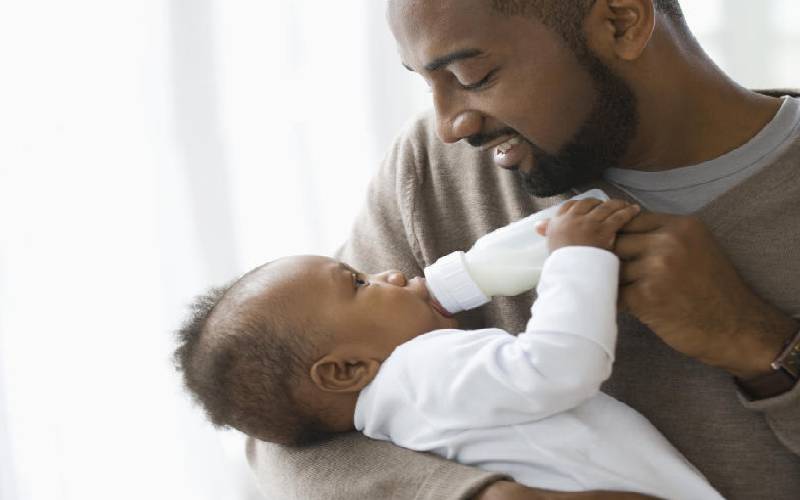
Do you wonder how much your early relationship with your mother, or your primary caregiver in your early years affected you? Well, the answer is that it impacts your relationships even to date in terms of how we start them, keep them and even end them. We call it attachment; the early bond formed between a child and its parent. The attachment theory was developed by British psychoanalyst John Bowlby.
According to Bowlby’s examination on attachment, the first years of a person’s life are where they learn how to connect, process and express their needs to others.
He theorises that how the caregiver responds to the baby’s needs in providing comfort, would impact the baby’s sense of security to explore and build an attachment to the world around them. What he meant is that in our earlier years of our lives, we have a natural need to build a bond with our caregiver, which later on influences our chances of survival and our ability to connect with other people emotionally.
There are four different patterns of attachment styles that people form early in life, and that they keep into adulthood.
How attachments develop in babies
A child whose parent quickly responds to their needs is likely to form what is called the secure attachment. You know that a child has secure attachment when they are distressed when the parent is gone but is happy and comforted when they are back.
A child who experienced inconsistency or negligence from the parent(s) is likely to feel some anxiety around their relationship with the parent(s). You know that a child has this sort of attachment when they experience a heightened level of distress when the caregiver leaves but despite feeling some level of comfort when they return, will act as though they want to punish them for leaving.
A child has avoidant attachment style when they seem undisturbed by the parent’s departure and actively ignores the parent on coming back.
How attachment style affects how you are in relationships
1. Secure attachment
A person with this attachment style would feel comfortable expressing themselves to people. They would be able to have a healthy relationship with themselves and the world because they would know their boundaries. Such a person would be able to accept love and rejection when it crosses their path. People who have achieved this have developed a form of self-awareness and healing from their past. Getting close to others and feeling comfortable without worrying about being abandoned comes easy for them.
2. Avoidant attachment
A person with this attachment style will be afraid of being vulnerable and allowing people to understand them. In relationships, they are uncomfortable with friends, family or romantic partners showing them love. This is where you see in a couple, the partner with this attachment style always complains that their partner always wants hugs and cuddles. The other partner will always complain about the other’s lack of ability to open up and trust them with their emotions. Most people with this pattern would find it difficult being close to people because they get uncomfortable in such situations.
3. Anxious attachment
A person with this attachment style would be insecure in their relationship, but at the same time want close bonds with people. This can be exhibited in couples where one with this style of attachment is constantly keeping tabs on their partner and always assumes that they are cheating.
4. Anxious and avoidant attachment
A person with this attachment style would be considered too afraid of commitments and is uncomfortable with getting close to others. They usually have trust issues and worry a lot.
Rubie Miseda is a psychologist and founder of Africa Jipende Wellness
 The Standard Group Plc is a multi-media organization with investments in media
platforms spanning newspaper print
operations, television, radio broadcasting, digital and online services. The
Standard Group is recognized as a
leading multi-media house in Kenya with a key influence in matters of national
and international interest.
The Standard Group Plc is a multi-media organization with investments in media
platforms spanning newspaper print
operations, television, radio broadcasting, digital and online services. The
Standard Group is recognized as a
leading multi-media house in Kenya with a key influence in matters of national
and international interest.











